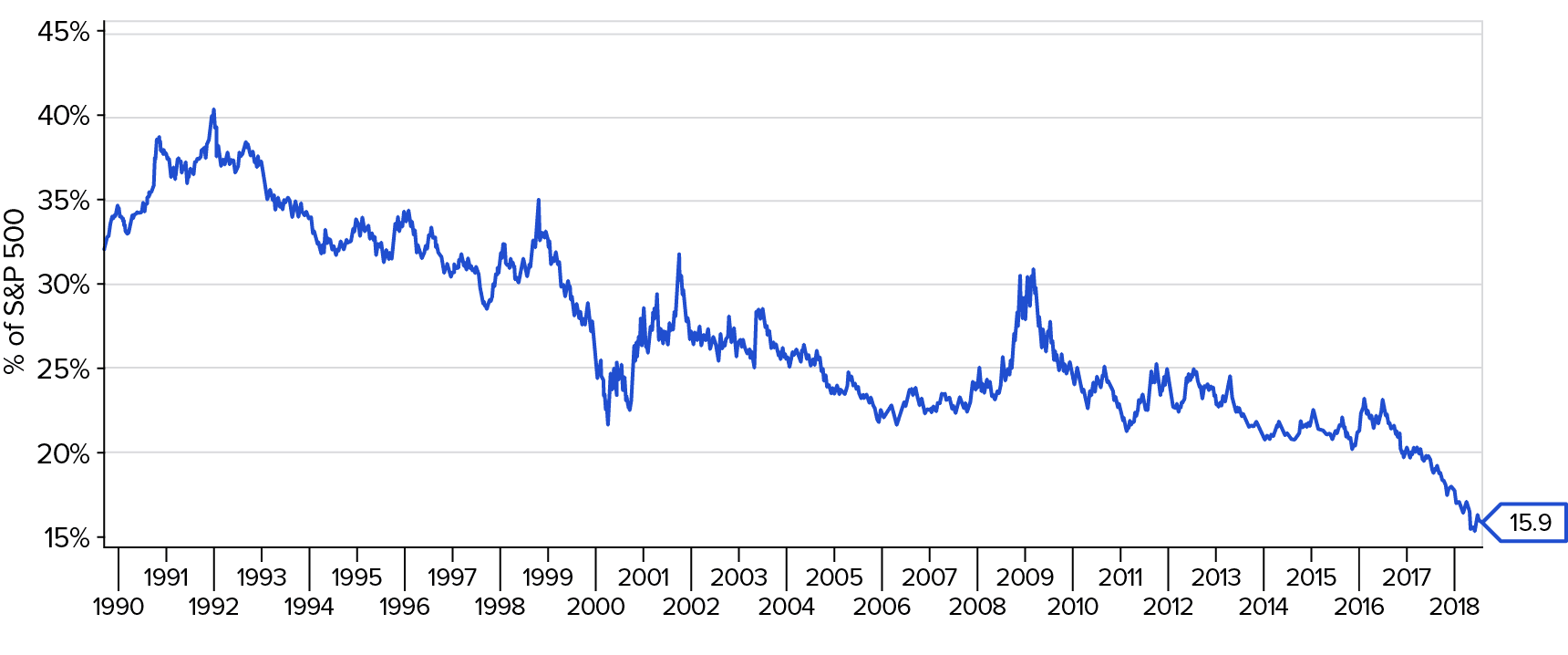Saving money can be a daunting task sometimes. It often sounds like the merciless abstinence from the good things in life. Trying to save cash in a recession is even worse. However, the good-life lies in wait for those who endure during hard times.
A recession, typically like the one following the COVID-19 pandemic was brought about by an inverted yield curve. This means paying more money to have short-term borrowing than long-term borrowing.
Here are a number of ways to save money during a recession. These three (3) stages explain the before, during, and after.
PRE-RECESSION SAVING
Protect Yourself
Protect yourself and your family. It’s crucial to have an emergency fund nowadays. The optimum requirement is 6 months of living expenses. Make a list of all your expenses.
This figure should be an amount that will keep you afloat if your regular source of income was lost. Keep this in a secure and safe money market investment. As the name suggests, its for real emergencies only.
Your emergency fund will give you piece of mind. Recessions bring about a lot of stress. Relationships and marriage could experience severe shakeups when couples fight over money.
Savings Strategies
Cut your costs. Be as frugal as you can. Can you avoid spending money for two (2) straight days? Be swift to define your boundaries and discipline your expenditures accordingly. Sell your stuff if you need to.
De-clutter your house and flip some of the contents for a quick buck. Add this gain back into the emergency sum. Do all you can to secure a second income. A side hustle could be a decent way to build up that 6 month worth of reserves even faster.
IN-RECESSION SAVING
Recessions come and go. You are likely to experience your fair share of multiple market downturns in a single life time. It is better to take advantage of the unavoidable situation than to suffer under it.
Save To Invest
It may take a while to build a solid emergency fund. Your savings operations shouldn’t end there. As far as wealth is concerned, you have a responsibility to yourself to go beyond the safety approach.
Being safe from unforeseen financial mishaps is a good thing. Coming out of a recession stronger is even more desirable. Think thrive rather than survive.
Build Up A Secure Stream Of Cash
First thing you need to ask is how much money is needed for financial freedom? With a solid goal amount in hand and an investment plan to help guide you. When this process is done, you can seek out bargains in the economy.
Great opportunities always emerge during extended market meltdowns. Remember not to sell any existing stocks if you have any. Focus on the big picture and hold for the long term. Don’t panic, be patient.
In the case of trading stocks, research and build your investment watch list. Look for businesses listed on the stock market that have endured a number of recent recessions. This is usually a good indicator that they could weather future storms.
Keep it simple by buying an Index Fund that tracks the market as a whole if you need to. An Index Fund allows you to turn over the management of your investments to a professional while you focus on earning.
POST-RECESSION SAVING
Recessions usually draw to a close in no time. They don’t last that long. What endures longer is your will to stand firm. As that point in time, you’ll be giving yourself a pat on the back.
You would have walked away in one piece from a financial storm which may have taken out many businesses, and driven several individuals into bankruptcy.
Keep Saving
After building up emergency cash reserves, you need to keep the momentum going. Funds that had been accumulated beyond that threshold could be earmarked for further investing. This time you may not be buying low, but you will buy your way to the next peak.
When you use Dollar Cost Averaging, you even out the risk of buying stocks too high. Dollar cost averaging is the practice of using a fixed dollar amount to purchase investments (such as stocks) regardless of the share price, on a regular basis.
Bargain Hunting
Stocks may remain low for some time to come. Create a game plan on how to buy stocks step-by-step. The good stocks will always bounce back. Pursue the hunt for undervalued opportunities. There’s a difference between cheap and ‘cheap’.
A cheap stock without a corresponding match of strong fundamentals are always worthless. But a portfolio of several undervalued investments would have a promising yield over the space of 5 to 10 years if you have a long-term approach.
See Also: How to Buy Stocks in Foreign Markets: A Basic Guide
The Next Recession
It pays to plan ahead. Preparation is everything in your personal financial planning. Recessions are always looming in the horizon after markets hit their peak. When exactly do these things occur? Are there any solid make or break indicators you might ask?
Not really. But it is sound practice to take a couple of things into perspective. As markets begin to bounce back, count 7 to 10 more years and see for yourself. From that time onwards, ensure that you’re light on stocks and heavy on cash equivalents or money market investments.
Conclusion
Recessions bring out the worst in people, but not you. With a basic system of self discipline, you can weather any economic storm. These economic down-turns also bring about big bargain opportunities in Real Estate, as well as many asset classes.
So whether you’re buying stocks, or real estate, cash is always king. Build your money a castle of stocks, rather than a palace of liquid cash sitting in the bank. You’ll end up with lower interest rates – as a direct consequence of fallen markets, used by the government to boost businesses.
Do you have an emergency fund of your own? Comment below to share your insights on your financial journey during recessions.
Summary:
- PRE-RECESSION SAVING
- Protect Your Self
- Savings Strategies
- IN-RECESSION SAVING
- Save to Invest
- Build Up A Secure Stream Of Cash
- POST-RECESSION SAVING
- Keep Saving
- Bergin Hunting
- The Next Recession
Most Popular Posts:
- 12 Giant Steps Financial Freedom Seekers Take To Retire Early (Epic List !!!)
- Learn to Trade Stocks Step by Step for Beginners (A Comprehensive Guide)
- Top 10 Financial Freedom Courses (Mostly FREE)




